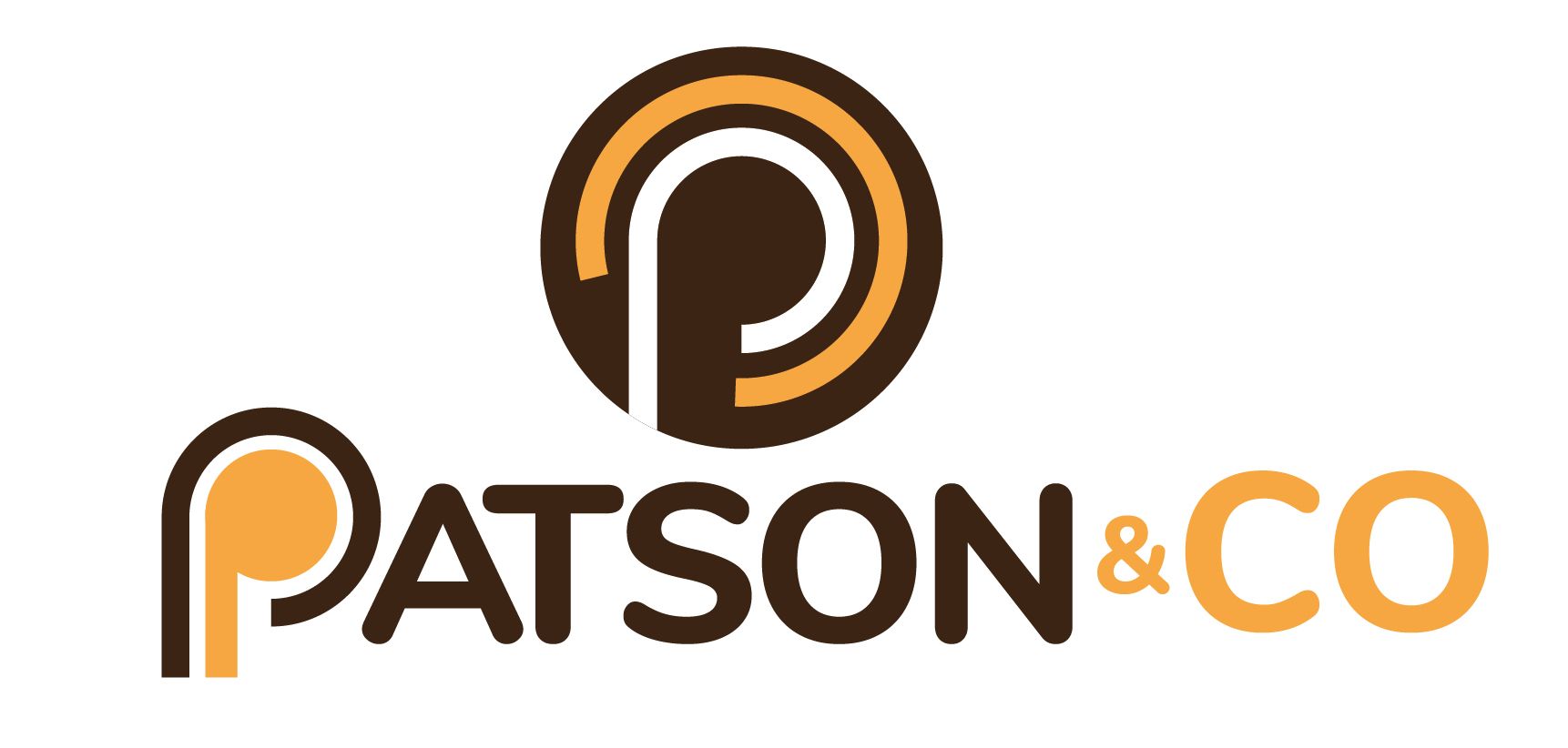Digital campaign: definition and key steps
Introduction
Are you looking to boost your online presence and increase your customer base? Then a digital marketing campaign might be just what you need. In this article, we will explore what a digital marketing campaign is and the essential steps involved in creating one. A digital marketing campaign is a strategic plan that utilizes various online marketing channels to promote a business or its products/services. It involves a series of coordinated actions aimed at reaching a specific goal, such as increasing website traffic, generating leads, or improving brand awareness.
To create an effective digital marketing campaign, several steps need to be followed. These steps usually include conducting market research, defining campaign objectives, identifying the target audience, selecting appropriate marketing channels, creating compelling content, implementing the campaign, tracking and analyzing results, and making any necessary adjustments. By understanding what a digital marketing campaign entails and following the essential steps, you can maximize your chances of success in the online world. So, let's dive deep into each of these steps and equip you with the knowledge you need to create a winning digital marketing campaign.
The Importance of Digital Marketing Campaigns
In today's digital age, having a robust online presence is essential for business success. Digital marketing campaigns allow businesses to reach potential customers where they spend most of their time—on the internet. This shift has made digital marketing a cornerstone of modern marketing strategies. By leveraging digital platforms, businesses can effectively communicate their messages, engage with their audience, and drive conversions. The importance of digital marketing campaigns cannot be overstated, as they offer a measurable way to implement marketing strategies that yield tangible results.
Moreover, digital marketing campaigns can be tailored to target specific demographics, which enhances the likelihood of engagement. For instance, businesses can use analytics to determine which customer segments are most likely to respond to their campaigns. This targeted approach not only maximizes the effectiveness of marketing resources but also fosters a more personalized interaction with potential customers. The ability to analyze and adjust campaigns based on real-time data further underscores the importance of digital marketing in today's competitive landscape.
Furthermore, digital marketing campaigns are often more cost-effective than traditional marketing methods. With platforms such as social media, email, and search engines, businesses can reach a broader audience at a fraction of the cost of print or television advertising. This accessibility allows even small businesses to compete with larger corporations, leveling the playing field in a way that was unimaginable just a few decades ago. In essence, digital marketing campaigns are vital for businesses seeking to thrive in an increasingly digital world.
Key Components of a Successful Digital Marketing Campaign
Creating a successful digital marketing campaign requires a well-thought-out strategy that encompasses several key components. These elements work synergistically to ensure that the campaign not only reaches its target audience but also resonates with them. First and foremost, a clear understanding of the campaign’s objectives is crucial. Whether the goal is to increase brand awareness, drive traffic to a website, or generate leads, defining these objectives will guide every other aspect of the campaign.
Another essential component is understanding the target audience. Knowing who the campaign is aimed at allows marketers to craft messages that are relevant and compelling. This includes demographic information, interests, and online behaviors. By creating detailed buyer personas, businesses can segment their audience and tailor their marketing efforts accordingly. This targeted approach not only improves engagement rates but also enhances the overall effectiveness of the campaign.
Additionally, selecting the right marketing channels is vital to ensure that the campaign reaches the intended audience. With numerous digital platforms available, from social media and email to search engines and websites, choosing the appropriate channels based on where the target audience spends their time can make or break the campaign. By aligning the campaign’s objectives with the right channels, marketers can optimize their outreach efforts and drive better results.
Setting Goals and Objectives for Your Campaign
Before embarking on a digital marketing campaign, it is essential to set clear and measurable goals. Objectives provide direction and a framework for assessing the campaign's success. Utilizing the SMART criteria (Specific, Measurable, Achievable, Relevant, Time-bound) can help in formulating these goals. For example, instead of setting a vague objective like "increase website traffic," a more specific goal would be "increase website traffic by 30% in the next three months." This specificity allows for better tracking and accountability.
Additionally, aligning the campaign goals with broader business objectives can create a cohesive strategy. For instance, if a company aims to expand its market share, a digital marketing campaign could focus on acquiring new customers in a specific demographic. Setting these objectives ensures that every element of the campaign is working towards a common goal, enhancing coordination and efficiency. This alignment also helps in justifying marketing expenditures and demonstrating the campaign's value to stakeholders.
Finally, it is crucial to revisit and adjust these goals as the campaign progresses. Digital marketing is inherently dynamic, and market conditions may change. Regularly analyzing performance metrics allows marketers to identify what is working and what isn't. This ongoing evaluation can lead to the refinement of campaign strategies, ensuring that the objectives remain relevant and achievable throughout the campaign lifecycle.

Conducting Target Audience Research
Understanding the target audience is one of the most critical aspects of planning a digital marketing campaign. Audience research involves collecting and analyzing data about potential customers to gain insights into their preferences, behaviors, and needs. This process begins with demographic information, which includes age, gender, location, and income level. However, digging deeper into psychographics—such as interests, values, and lifestyle choices—can yield even more actionable insights.
There are several methods to conduct audience research, including surveys, interviews, and social media analytics. Surveys can be particularly effective in gathering specific feedback directly from potential customers. By asking targeted questions, businesses can uncover what drives their audience's purchasing decisions. Social media platforms also offer valuable analytics tools that provide insights into audience engagement and preferences, allowing marketers to tailor their messages accordingly.
Once the data is collected, the next step is to create detailed buyer personas. These fictional representations of the ideal customer help marketers visualize who they are targeting and what motivates them. By considering factors such as pain points, buying habits, and online behavior, businesses can craft campaigns that resonate on a personal level. This understanding fosters a stronger connection with the audience, leading to increased engagement and conversions.
Choosing the Right Digital Marketing Channels
Selecting the appropriate digital marketing channels is vital for the success of any campaign. There are a multitude of options available, each with its own strengths and weaknesses. The choice of channels should be guided by the target audience's preferences and behaviors. For instance, if the target demographic is predominantly young adults, platforms like Instagram or TikTok may be more effective than traditional email marketing. Conversely, if targeting professionals, LinkedIn might be the preferred platform.
Search engine optimization (SEO) is another essential channel that should not be overlooked. Optimizing content for search engines can significantly enhance visibility and drive organic traffic to a website. By conducting keyword research and implementing on-page SEO best practices, businesses can improve their chances of ranking higher in search results. This visibility is crucial, as consumers often turn to search engines to find solutions to their problems or discover new products.
Additionally, paid advertising channels, such as Google Ads and social media ads, can offer targeted reach and quick results. These platforms allow for precise targeting based on demographics, interests, and behaviors, ensuring that marketing messages reach the right people at the right time. A well-rounded digital marketing campaign often incorporates a mix of organic and paid channels to maximize reach and impact.
Creating Compelling Content for Your Campaign
Content is at the heart of any digital marketing campaign, serving as the vehicle through which messages are delivered. Creating compelling content requires a deep understanding of the target audience and the goals of the campaign. Whether it’s blog posts, social media updates, videos, or infographics, the content must be engaging, informative, and relevant to the audience. High-quality content not only captures attention but also encourages sharing, which can exponentially increase reach.
Moreover, the tone and style of the content should align with the brand's voice and the preferences of the target audience. For example, a brand targeting a younger demographic may adopt a more casual and playful tone, while a B2B company may opt for a more professional and authoritative voice. Consistency in tone and style across all content types fosters brand recognition and builds trust with the audience.
Additionally, incorporating storytelling techniques can enhance content effectiveness. Stories resonate with people on an emotional level, making it easier for them to connect with the brand. By sharing customer testimonials, case studies, or even the brand's origin story, businesses can create a narrative that captivates the audience and encourages them to take action. Ultimately, compelling content is about creating value for the audience and establishing a relationship that goes beyond mere transactions.

Implementing and Executing Your Digital Marketing Campaign
Once the campaign strategy is in place, it’s time to implement and execute the digital marketing campaign. This phase involves putting all the elements into action, from launching ads to publishing content and engaging with the audience. Coordination among team members is crucial during this stage to ensure that all components align and that the campaign runs smoothly. Clear communication and defined roles can help in managing tasks effectively.
It’s also essential to monitor the campaign closely during its execution. Real-time tracking allows marketers to assess performance against the set objectives and make immediate adjustments if necessary. For instance, if a particular ad is underperforming, it can be paused or tweaked to improve its effectiveness. This agility is one of the key advantages of digital marketing, as it allows for quick pivots based on audience feedback and performance metrics.
Furthermore, engaging with the audience is vital during the campaign execution phase. Responding to comments, messages, and feedback can foster a sense of community and strengthen relationships with potential customers. Active engagement not only enhances brand loyalty but also provides valuable insights into audience perceptions and preferences. By being responsive and approachable, businesses can create a positive experience that encourages conversions and referrals.
Tracking and Analyzing Campaign Performance
Tracking and analyzing the performance of a digital marketing campaign is critical for understanding its effectiveness and identifying areas for improvement. By leveraging analytics tools, businesses can gather data on various metrics such as website traffic, conversion rates, engagement levels, and return on investment (ROI). This data provides insights into what aspects of the campaign are working well and which may need adjustments.
Key performance indicators (KPIs) should be established at the outset of the campaign to gauge success. These could include metrics such as click-through rates, lead generation, sales conversions, or social media engagement. Regularly reviewing these KPIs allows marketers to measure progress against the defined objectives and make data-driven decisions. For instance, if the goal is to increase website traffic, analyzing referral sources can help identify which channels are driving the most visitors.
Moreover, A/B testing can be a valuable method for optimizing campaign elements. By testing different versions of ads, landing pages, or content formats, marketers can determine which variations resonate best with the audience. This iterative process of testing and refining can lead to improved performance over time. Ultimately, the insights gained from tracking and analyzing campaign performance are instrumental in shaping future marketing strategies and enhancing overall effectiveness.
Conclusion
In conclusion, a digital marketing campaign is a multifaceted strategy designed to promote a business and engage its audience through various online channels. Understanding the importance of these campaigns, along with the key components and steps involved, is essential for any business looking to enhance its online presence. From setting clear goals and conducting audience research to choosing the right channels and creating compelling content, each step plays a vital role in the campaign's success.
Moreover, the implementation phase requires careful coordination and real-time monitoring to ensure that the campaign remains aligned with its objectives. Engaging with the audience fosters a sense of community and enhances brand loyalty, while tracking and analyzing performance metrics provide valuable insights for continuous improvement. By following these steps and embracing the dynamic nature of digital marketing, businesses can maximize their chances of success in an increasingly competitive online landscape.
As you embark on your digital marketing journey, remember that adaptability and responsiveness are key. The digital landscape is ever-evolving, and staying attuned to your audience's needs and preferences will set you apart from the competition. By employing the strategies outlined in this article, you can create a winning digital marketing campaign that not only meets your business goals but also resonates with your audience.














